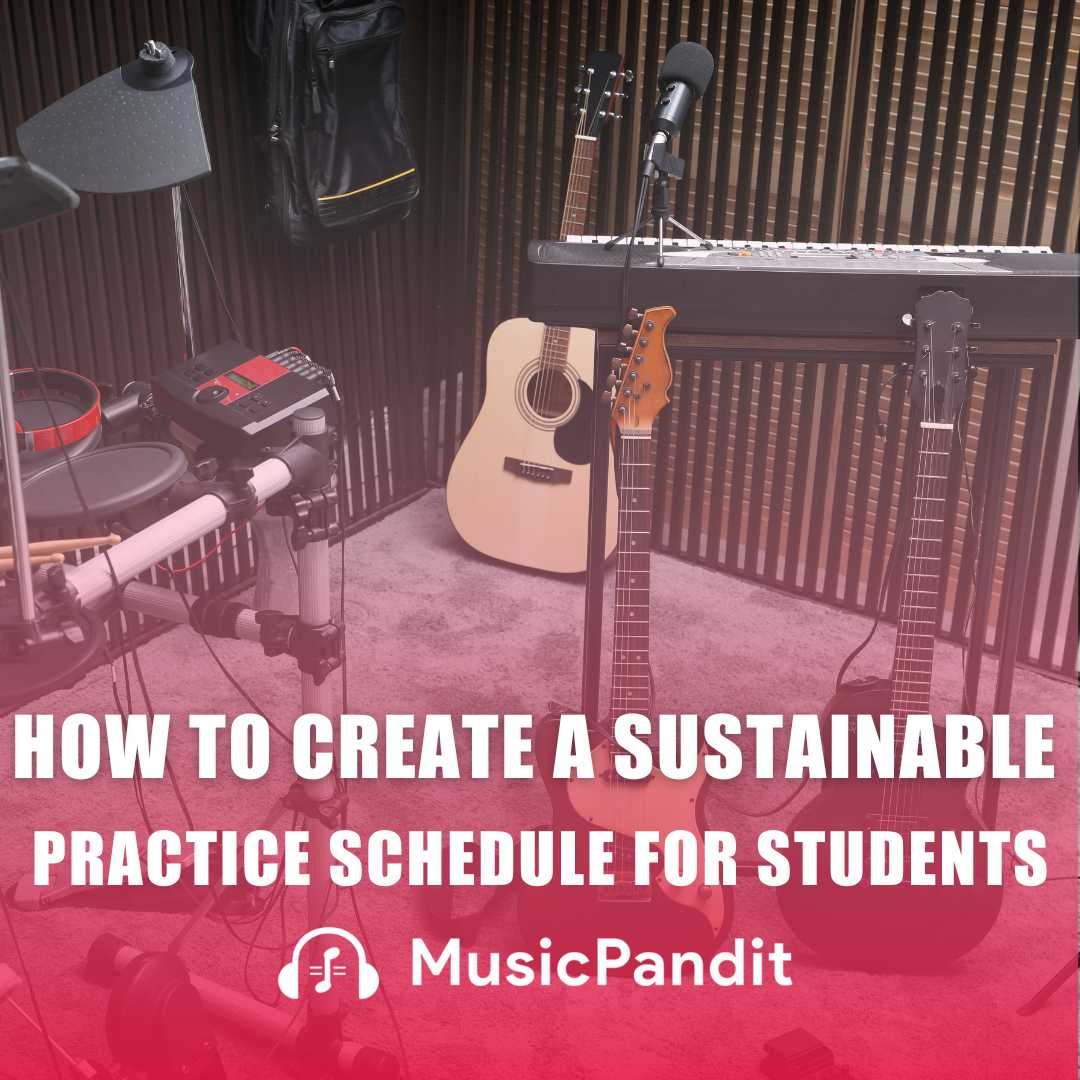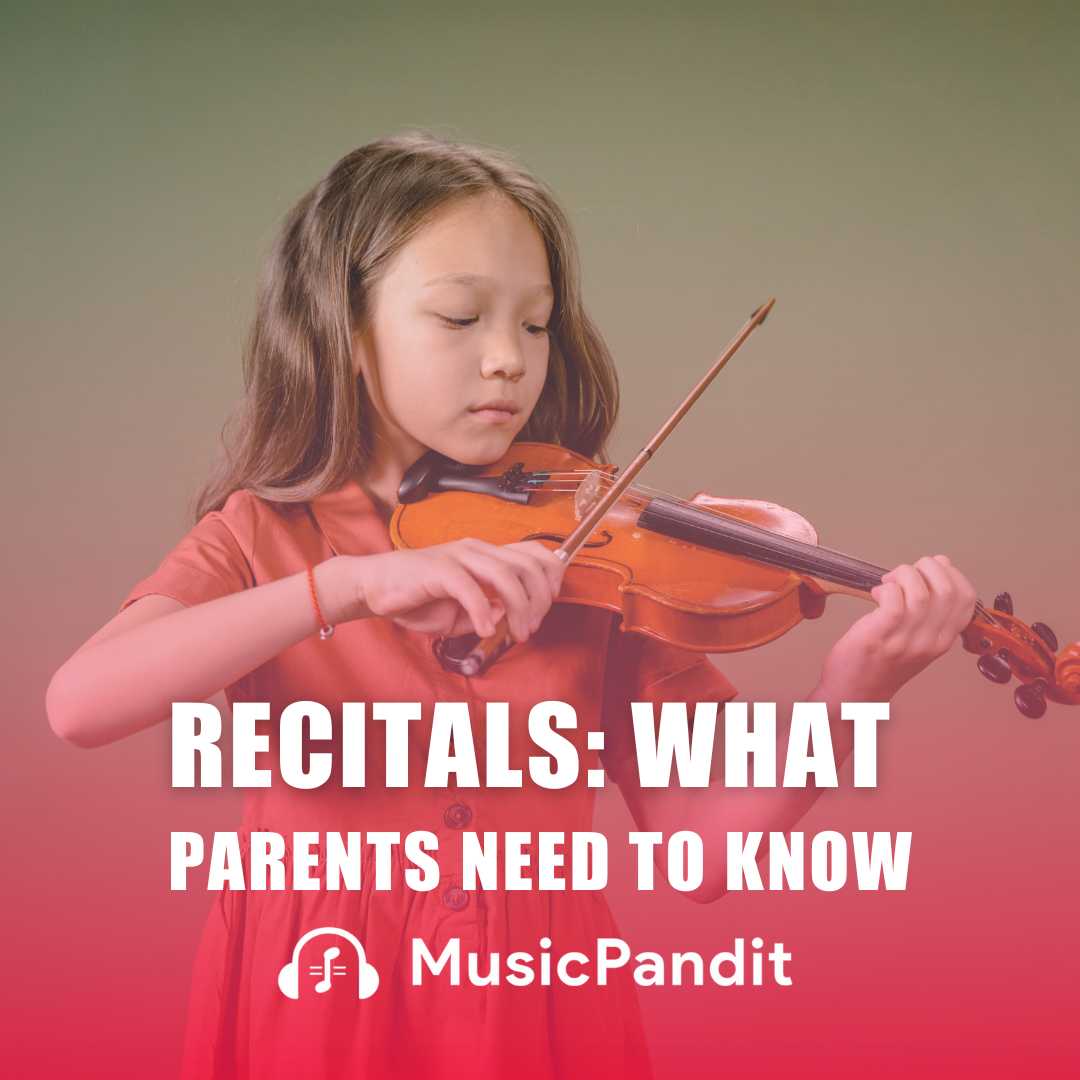As online learning grows in popularity, music education has become more accessible to children everywhere. From the comfort of their homes, kids can explore a variety of instruments and develop musical skills with the help of technology and a well structured curriculum. However, picking the right instrument for your child is crucial, as it can impact their enjoyment and success.
However, with various instruments available, the challenge for parents is selecting the best one for their child. Considering this we have put together a guide that will help parents understand some of the instruments for children to learn online. We will cover their benefits and factors to consider.
Choosing the Right Instrument
Selecting the right musical instrument for your child is a crucial decision. It can influence their interest and commitment to learning music. Whether you’re aiming to nurture a lifelong passion or simply provide a fun hobby, the instrument you choose should match your child’s age, physical capabilities, and personal interests.
While not all instruments are equally suitable for children in an online learning setup let us explore some of the best options for children to learn, and enjoy online.
Top Instruments for Online Learning
1. Guitar
The guitar is one of the most popular instruments for kids to learn online. It’s versatile, portable, and can be used in a variety of music genres, from rock to classical. Online guitar lessons are widely available, with a range of online guitar courses, apps and tutorials designed for beginners. Children as young as 8 and above can start with smaller guitars, like ¾-sized models, making it easier for them to handle. As they grow, they can transition to a full-sized guitar.
Why choose guitar?
- Improves hand-eye coordination and finger strength.
- Versatile and suitable for multiple genres.
- Kids can easily find online resources and communities to stay motivated.
2. Piano/Keyboard
The piano or keyboard is an excellent choice for young learners. Thanks to its intuitive layout, it’s often considered one of the easiest instruments to start with. Keyboards are affordable and take up less space compared to acoustic pianos, making them ideal for online learning. Additionally, online piano classes or keyboard lessons are widely available, with interactive elements to guide beginners step-by-step.
Why choose piano?
- Ideal for understanding music theory and reading sheet music.
- Helps develop fine motor skills and cognitive abilities.
- Scalable difficulty – children can start with simple melodies and gradually learn more complex pieces.
3. Ukulele
A smaller and more accessible version of the guitar, the ukulele is a great option for younger children, typically aged 6 and above. It’s light, easy to hold, and has only four strings, making it much simpler for small hands to play. Many online ukulele courses cater to kids, providing fun and engaging content to keep them motivated.
Why choose ukulele?
- Perfect for small hands and easy to carry.
- A cheerful, bright sound that appeals to children.
- Quick learning curve compared to other string instruments.
4. Violin
The violin is a popular choice for younger children, especially those interested in classical music. Online violin lessons can effectively teach students how to position their hands and practice scales. For beginners, there are smaller violins (1/16, 1/8, etc.) that fit perfectly in a child’s hands.
Why choose the violin?
- Enhances fine motor skills and hand-eye coordination.
- Smaller size options available for young children.
- A great way to introduce kids to classical music.
5. Flute
The flute is a wind instrument that’s a great fit for children interested in wind instruments or classical music. The flute is relatively light and simple to play, and children can start learning it as early as age 7. Flutes are often used in orchestras and bands, giving children opportunities for group performances as they progress. Many online courses are designed to teach beginners how to develop proper breathing techniques and finger positioning.
Why choose the flute?
- Lightweight and portable.
- Helps improve breath control and lung capacity.
- Online resources are available for children to develop basic skills.
Factors to Consider When Choosing an Instrument
Choosing the right instrument for your child requires careful consideration of several factors. These include:
1. Age and Physical Development
Certain instruments are better suited to children of specific ages due to their size and complexity. For example, young children might struggle with larger instruments like full-sized guitars or traditional drum kits but could thrive with smaller instruments like the ukulele or a keyboard.
2. Personal Interest
An instrument is much easier to learn if your child is genuinely interested in it. It’s important to involve your child in the decision-making process. Ask them what kind of music they enjoy and if they’re drawn to a particular sound or style. This will help keep them motivated throughout their learning journey.
3. Space and Noise Levels at Home
Some instruments, like the piano or electronic drums, require more space, while others like the violin or ukulele are more portable. Consider the amount of space you have at home. If noise is an issue, instruments like the keyboard and electronic drums allow for quiet practice using headphones.
4. Budget
Musical instruments vary greatly in price, and it’s important to consider how much you’re willing to invest. Beginners don’t necessarily need the most expensive instruments; there are many affordable yet high-quality options available. Additionally, some instruments, such as the ukulele, are generally cheaper than others, like the piano or violin.
5. Learning Resources and Availability of Teachers
Before deciding on an instrument, research the availability of online lessons and resources. Some instruments, like the guitar and piano, have an abundance of online tutorials, apps, and games, while others may have fewer learning resources available. Ensure that you have access to a good instructor or platform that offers structured lessons.
Conclusion: Helping Your Child Pick the Right Instrument
We know as parents you might have a specific choice for your child but choosing the right instrument is an important step in nurturing your child’s musical talent and interest early on.
Therefore the list that we have created here which includes guitar, piano, ukulele, violin, and flute all offer unique learning experiences and can be easily taught through online lessons.
Nonetheless, we have to emphasise that your child’s personal interest, age, and physical abilities should primarily guide your decision. It is important to select an instrument that your child will enjoy learning. That being said, online music education has opened up many opportunities for children to develop their musical skills in a flexible and supportive environment. Online learning has revolutionised music education, making it more accessible and flexible than ever before.
All in all, with the right guidance and encouragement, your child can thrive in their musical journey from the comfort of your home!















